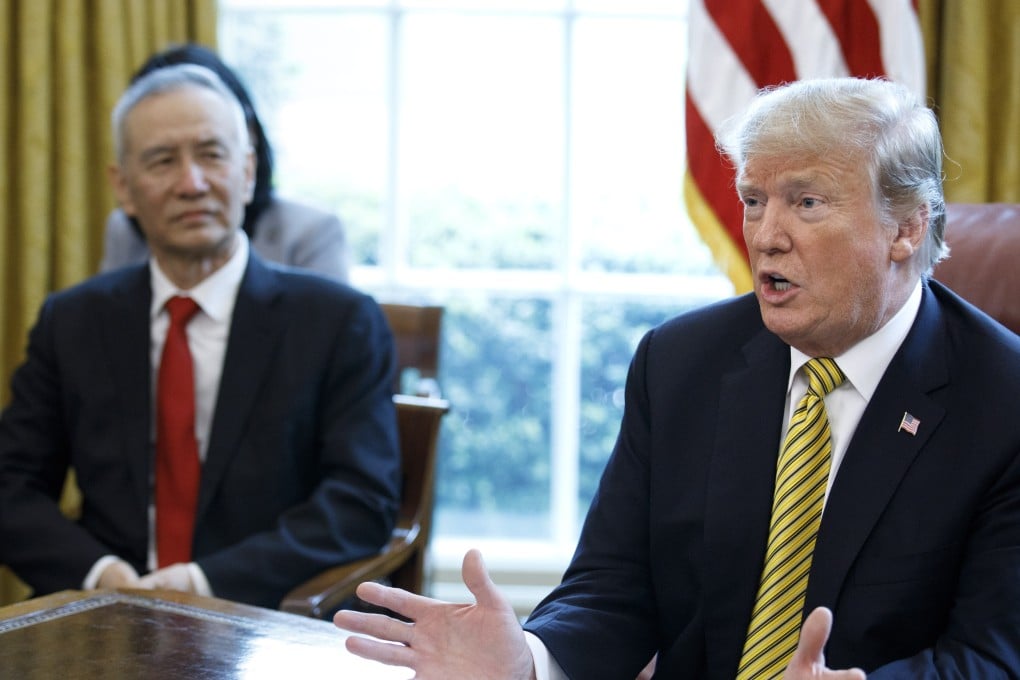What changes has China already made to meet US trade war demands?
- Cutting car tariffs and punishments for IP infringements are among the responses from Beijing since Washington called for ‘structural changes’
- Donald Trump has welcomed some of the concessions made since a trade war truce was called in December

US President Donald Trump said on Thursday that he expects a “monumental” deal with China on trade within the next four weeks, with progress “being made at a very rapid pace” after the latest round of trade talks in Washington.
Since then, Beijing has responded with large purchases of American agricultural products and tariff cuts on US-made car imports.
It also laid out new domestic laws and regulations to address intellectual property protection and market access.
New IP regulation
On December 4, three days after the Trump-Xi summit in Argentina, China’s central economic planning body, the National Development and Reform Commission, announced 38 penalties against intellectual property violations, addressing one of the thorniest concerns in the trade talks.